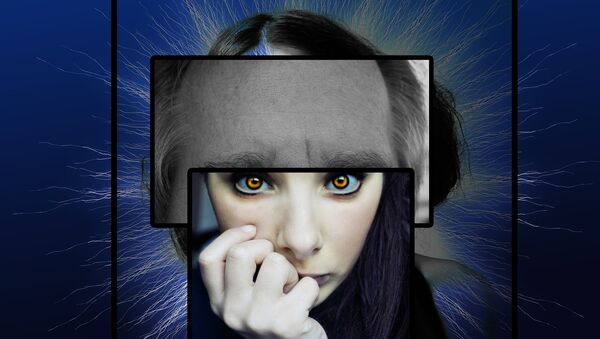The team, all based at the Riken-MIT Center for Neural Circuit Genetics in Cambridge, Massachusetts, found the brain simultaneously creates two separate memories of the same events — one for the here-and-now, and one for future reminiscence. The memory stays lodged within easy mental reach for a period before vanishing, while the latter remains dormant and inaccessible until something subsequently triggers it.
The discovery upends popular conceptions of the path memories take in the brain, which hitherto assumed short-term memories were first stored in the hippocampus, before being dispatched to the cortex for enduring repository.
Stem Cell Development Triggers Memory: Researchers at the RIKEN-MIT Center for Neural Circuit Genetics have disc… http://t.co/9W9uCvb5
— Neuro Now (@NeuroNow) February 25, 2012
While the study's test subjects were mere mice, the group believes the results of their study are directly transposable to humans. They, in effect, watched specific memories form in the mice as a cluster of connected brain cells in reaction to a shock event — namely, being given a mild electric shock when they entered a particular chamber in a maze.
Then, light was beamed into the mice's brains to manage the activity of individual neurons, with the team literally being able to switch memories on or off.
A similar technique was previously employed by Yale University scientists to induce emotional and physical behaviors in mice, such as hunting.
The team found that while parallel memories of the shock event formed in both the hippocampus and cortex, the mice did not access the cortex's long-term memory in the days after the event — to the point they forgot the shock entirely when scientists turned off their short-term memory. However, the mice still retained the memory, which the scientists could manually trigger by switching their long-term memory on.
#PsychOn #memory #hippocampus #brain #mind #science #biology #psychology #anatomy pic.twitter.com/mFylfFiwv7
— PsychON (@_Psych_ON) April 6, 2017
Moreover, the cortex was found to depend on inputs from the amygdala, the emotional center of the brain, to cement long-term memories. When the team blocked neuronal inputs from the amygdala, cortex memories failed to coagulate.
A human brain's neurons may not be as easy to blast with light as a mouse's, but it is nonetheless possible to switch particular regions of the brain on or off by implanting fine electrodes via a technique known as deep brain stimulation, already used to treat Parkinson's disease and other afflictions.
The study complements other recent research into memory. A July 2016 Brown University study found associations can be implanted in the brain, making an individual "see" colors when looking at a black and white image, with no awareness of the process.






